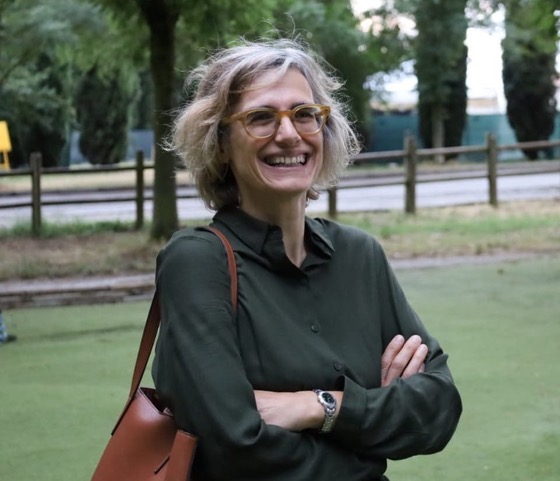In her lecture “Demolished or collapsed? Interpretations about the disintegration of Yugoslavia over time” Irena Ristić will analyze how the focus of social sciences and historical research about the causes of the end of Yugoslavia changed during the last three decades, how it adapted to new interpretations and methods and created space for new scientific interpretations and historical narratives.
The first years after the breakup of Yugoslavia were marked by the prevailing interpretation that insurmountable ethnic intolerance and a civilizational gap between its peoples were responsible for the end of Yugoslavia. Then in a second wave, already from the mid-nineties, the focus started to switch to (geo)political, economic, social and other aspects of Yugoslavia and its society. Although freed of sensationalism and incomparably more sound, this second wave also predominantly took for granted that the breakup of Yugoslavia inevitably had to happen, and that one cause can be identified as the crucial one.
In the third wave social sciences changed the approach of looking at Yugoslavia exclusively from its end. Instead, they began to shed light on partial social segments of Yugoslavia and Yugoslav society, pointing above all to the complexity of social factors and the dynamics of numerous national and global processes that influenced the end of the common state.

Irena Ristić is researcher at the Institute of Social Sciences. She obtained her PhD in history at the University of Regensburg. Her research focuses on the dynamics of state and nation building processes both in 19th-century Serbia and the post-Yugoslav states with a special interest in the origins of anti-west/anti-EU sentiments, nationalism and the disintegration of Yugoslavia. Further she deals with the contemporary political left in Europe and the internal and external obstacles of the EU integration of the Western Balkans. She had longer visiting stays in Vienna (IWM), Regensburg (IOS) and Florence (EUI).
The lecture is part of the Regional Tea party titled “Yugoslavia” which is organized together with the Academic Network for Cooperation in Southeast Europe.
It takes place in the Main hall of the Institute of social sciences, and can also be followed online.
https://zoom.us/j/91603711490?pwd=c2dWc1RKNmY3THpGbFZOSjU5KzNBQT09
Meeting ID: 916 0371 1490
Passcode: 712214

